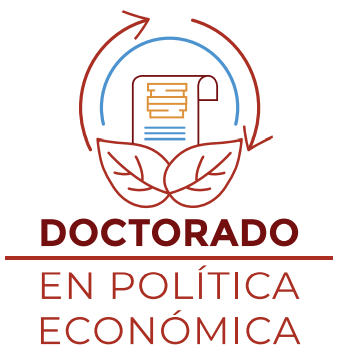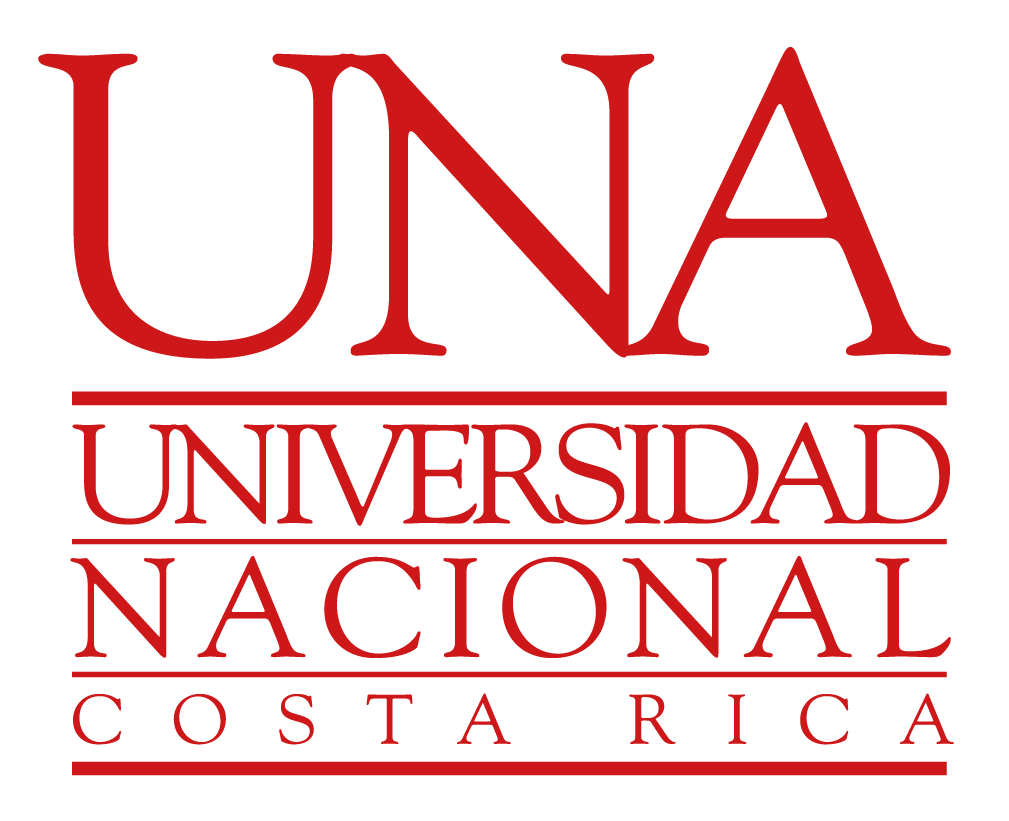
As a research doctorate, it is expected that the students will take into account the research dynamics used in CINPE directly through their work nucleus. This agreement should be done at full-time, or at least a minimum of 10 to 20 hours of work related to the doctoral project. This way, the PhD students get to be part of the research team on their specific interest, whereas their research project gets incorporated officially into the work institutes’ agenda, supervised by one of the academic personnel.
Syllabus’ Objective
- Train researchers in the economic policy area so they can identify and solve current complex problems with a national and international focus. They will apply appropriate theories and innovative methodologies with an alternative and comprehensive vision.
- Promote in the students a high academic level transdisciplinary, conceptual, and comprehensive formation for the design, execution, and evaluation of policies related to the necessities of Latin America’s sustainable development.
- Assist the students' interaction with other foreign and national researchers on the PhD-related areas of interest to enrich the training process during the postgraduate studies.
To whom is it addressed
The PhD in economic policy targets academics, researchers, professionals in the social and public sector, and independent consultants with aptitudes and interest in scientific research, university teaching, economic analytical instruments, and decision-making on economic policy matters. This way, the doctorate is planned as a contribution to the improvement of the national and international socioeconomic development.
Investigation nuclei
Below you have a summary of CINPE’s research focus points, which in turn will be knowledge areas that focus on the PhD in Economic Policy.
Unit of Social Policy and Quality of Life
It’s the main purpose of social policy studies, in its several expressions, through the actions of groups in collaborative work. In that sense, research processes about history, development, and the current situation of the dominant tendencies are being made, while the training programs of the postgraduate studies are offered. Also, it will be an access granted to policies, programs or projects, and methodological support processes for that specific reason. Some of the developed interest themes over the last years are the following:
- The “new” face of social policy in Latin America and the Caribbean at the beginning of the XXI century: Programs of social assistance under social protection.
- In touch with economic and social policy: The role of evaluation.
- Quality of life as a theoretical and empirical reference for the creation and evaluation of public policies.
Unit of natural and environmental resources management
This working group’s objective is to analyze the interaction between the economic, the ecological-environmental, and the social systems to give a rational and sustainable use to the natural resources in the long run. Also, from the public policies’ analysis, it will settle for the usage of economic instruments that support the ecosystem's sustainability. For that reason, CINPE stands out for its interactive research of multiple criteria, where several social individuals are involved in the research process. Some of the analyzed themes, besides the general policies, are the following:
- Water resource management.
- Socioeconomic benefits of protected wilderness areas.
- Natural resources and environmental services assessment.
- Economic-ecological assessment of ecosystem services.
- Policies for the comprehensive management of marine-coastal resources.
Unit of policies for rural and local development
This unit analyses economic policy from the spatial dimension’s perspective for development, integrating global links, institutions, and local dynamics, adding also the strategies of agricultural producers and rural microentrepreneurs. Some themes of this unit are the following:
- Global value/commodity chains
- New institutional economy and rural policies.
- Agricultural policies.
- Livelihoods and strategies for the adaptation to climatic and environmental pressures.
- Strengthening of MIPYME's competitive capacities.
- Tools development for the strengthening of productive organizations.
Unit of globalization and trade
This unit’s purpose is to study the economic behavior of international trade relations, emphasizing Central America and the Caribbean with its impact on production, distribution, environment, and the several integration processes. The main themes are the following:
- Environmental issues in the OMC.
- IIntegration and regional agreements.
- Trade negotiations impact on the environment.
- Trade flows.
- Special regimes.
Unit of innovation systems
This unit’s objective is the analysis of organizational and institutional settings, starting from a systemic approach to the innovation processes; They influence the creation and management of knowledge in the technological transference and changes in competitiveness, especially those related to development economics that emphasize skills creation and competence in innovation. The themes of focus are the following:
- National, regional, and local innovation systems.
- Policies and instruments for innovation.
- Science, technology, and innovation indicators.
- Innovation management in productive areas.
- Innovation and social inclusion
Academic requisites
Master’s degree in some fields of Social Sciences or any related disciplines that involve economic labor in the public, academic, and private organizations sectors. If the previous examples are present, they will be analysed by the Doctorate Academic Management Committee in Economic Policy.
Administrative requisites
- Demonstrable work experience with a minimum of three years in Economics or any other areas according to the Academic Management Council criteria.
- B2 level English language proficiency or an interview conducted with the Program Coordinator.
- An interview with the Program Coordinator.
- Presentation of a doctoral pre-proposal including a general topic description, problem specification, research questions, and specific objectives. These elements must show a clear thematic link with the specified research nuclei of CINPE.
- Admission’s request
- Curryculum
- Two recommendation letters (work and academic)
- OOriginal university degree and a copy of both sides.
- Any degrees obtained abroad must be recognized by the National Council of Rectors (CONARE) or duly apostilled.
- The academic history of previous studies that indicates the weighted average.
- Two passport-size photographs.
- Copy of the ID or passport on both sides.
- Cancel 12 dollars (approximately) for registration
Investment
The required investment to take this program is $18.000, including only the credit costs of the doctorate. This budget does not include any other expenses associated with the program.
![]() Phones:
Phones:
(506) 2562-4300
(506) 2562-4302
(506) 8648-0000
![]() E-mail:
E-mail:

